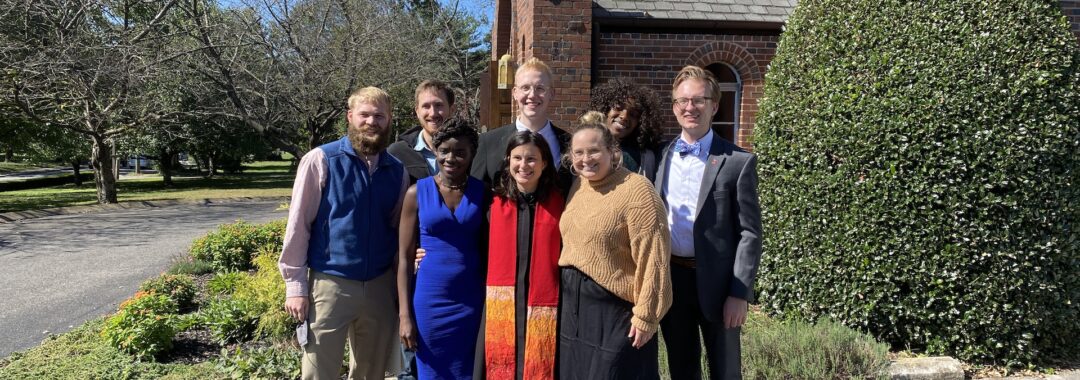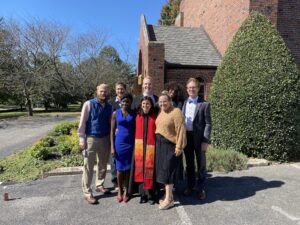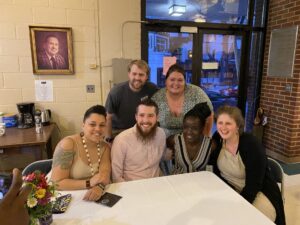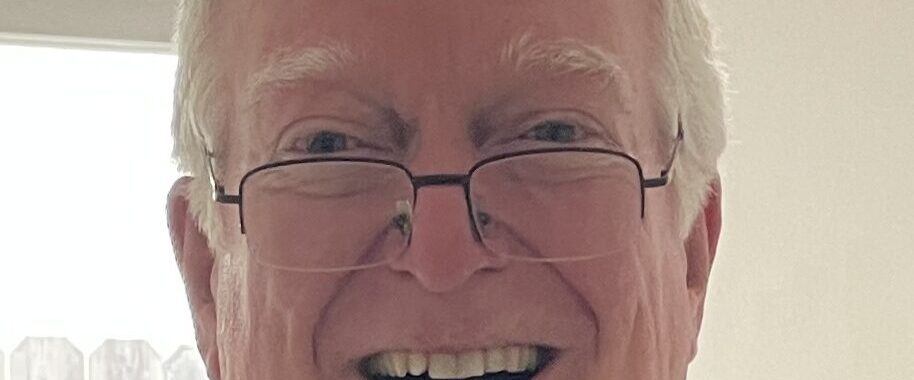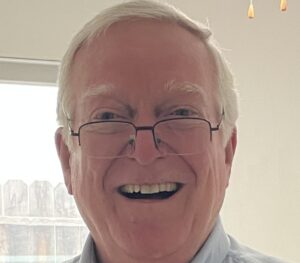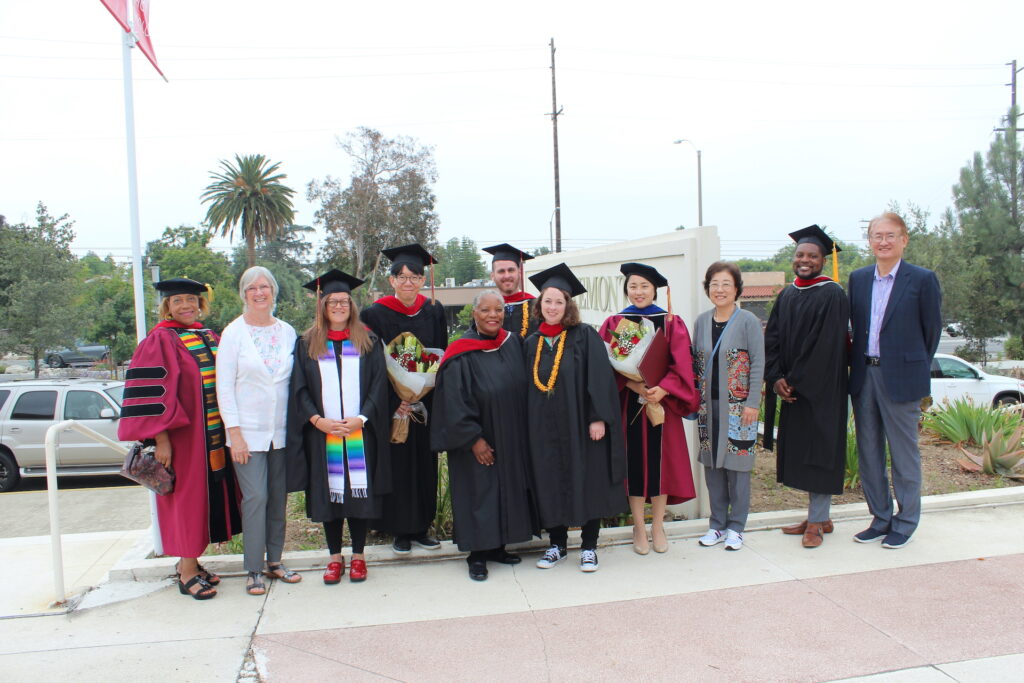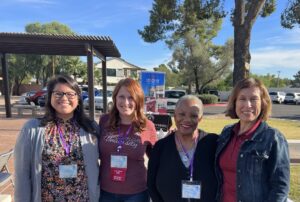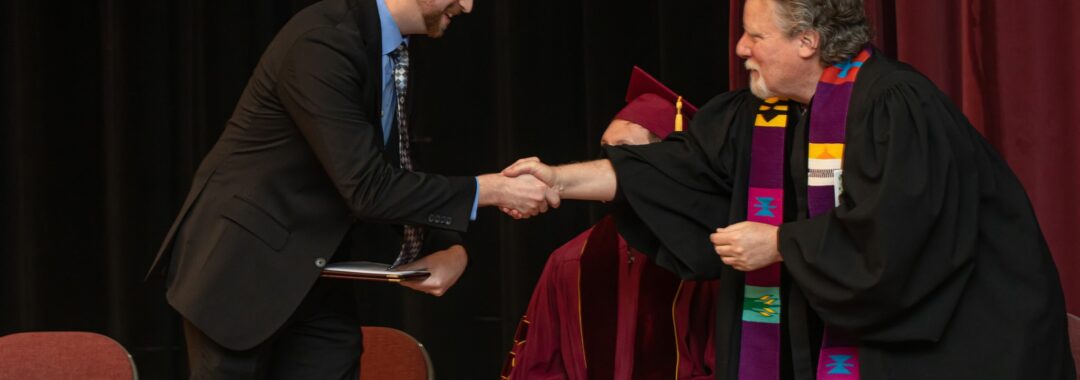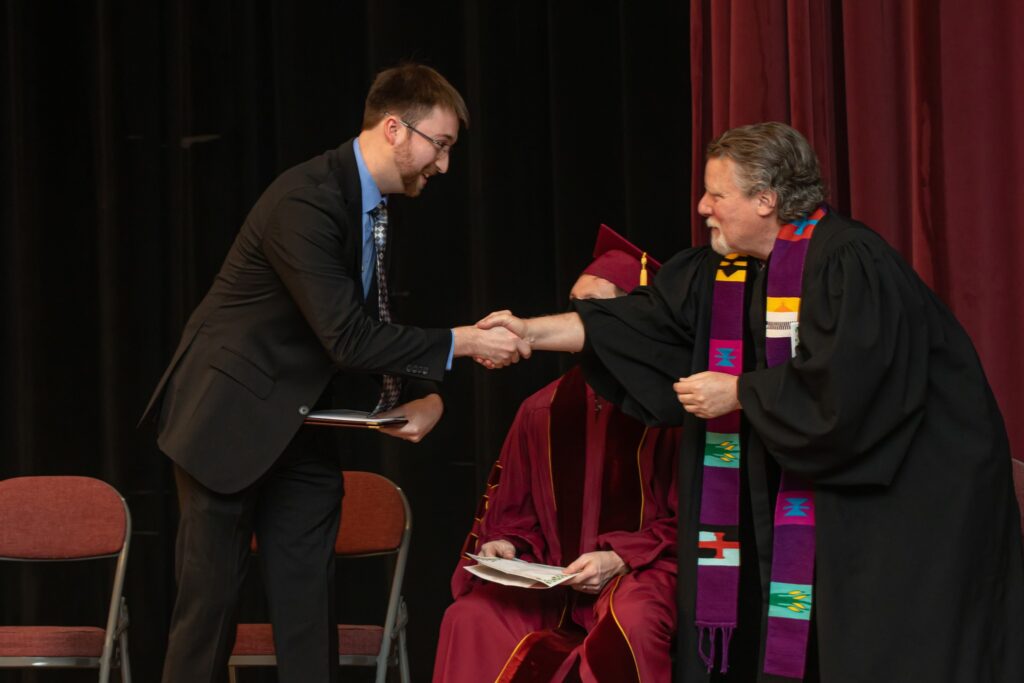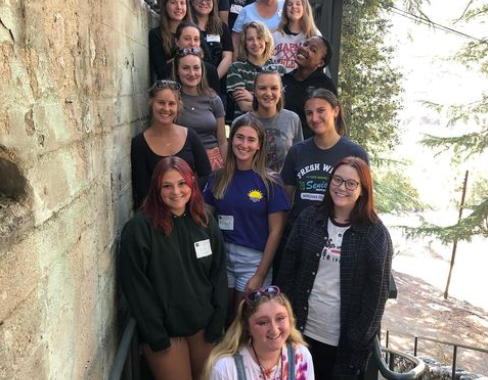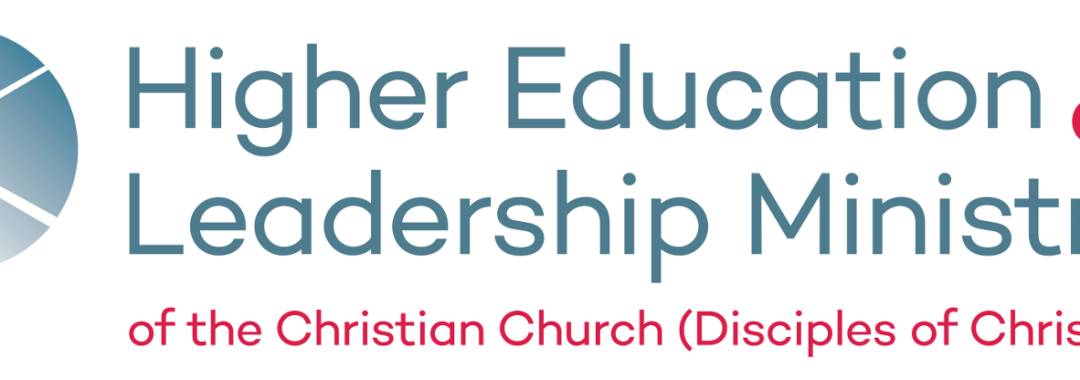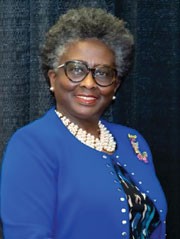 Dr. Glenell M. Lee-Pruitt, current Provost & Vice President of Academic Affairs for Jarvis Christian University, has been named as the Designated Candidate that will move forward to be considered for the position of President at Jarvis Christian University with a term that could begin on July 1, 2023, following Dr. Lester Newman’s retirement.
Dr. Glenell M. Lee-Pruitt, current Provost & Vice President of Academic Affairs for Jarvis Christian University, has been named as the Designated Candidate that will move forward to be considered for the position of President at Jarvis Christian University with a term that could begin on July 1, 2023, following Dr. Lester Newman’s retirement.
On February 17th, the Jarvis Board of Trustees approved the appointment of a Transition Committee to design a process to consider a Designated Candidate for the office of President of Jarvis Christian University following Dr. Lester Newman’s retirement. The Transition Committee began meeting and designed a process that was approved by the Board of Trustees on February 24th. Since that time, the Transition Committee completed the first two steps of the process, which were to: (1) gain the candidate’s consent to be considered, and (2) conduct interviews with key stakeholders of Jarvis about the readiness of the Designated Candidate for this post and the experiences they had with the Designated Candidate.
The Transition Committee is ready to move now into the third step of the Board-approved process, which is to announce the name of the Designated Candidate…Dr. Glenell Lee-Pruitt, hold a formal interview and provide some opportunities for interaction with faculty, staff, students, nearby alums and neighbors to Jarvis. As such the Transition Committee will conduct a formal interview of Dr. Lee-Pruitt and host a JARVIS DAY OF GATHERINGS on Wednesday, March 29th. This important day will begin with a faculty and staff gathering at 10:30 a.m., a 1:30 p.m. gathering with students, and a 4:00 p.m. reception for alumni and external constituents from the surrounding communities. At each of these meetings, Dr. Lee-Pruitt will share her vision for Jarvis Christian University, and there will be a brief Questions and Answers Session for those in attendance. The Transition Committee will hold these meetings on campus.
Dr. Glenell Lee-Pruitt has been a part of the Jarvis administration since August 2012, when she began her tenure as Provost and Vice President of Academic Affairs. Since that time, Jarvis has twice added the role of Interim Vice President for Student Services to her portfolio of responsibilities.
As part of the executive team, she helped develop an aggressive enrollment management plan that moved student enrollment from Spring 2012 enrollment of 266 students to Fall 2018 enrollment of 964. She has provided leadership for establishing the Renaissance Program for Adult Learners that operates both on the main campus and at the Dallas Teaching Site. In addition, she was part of the team that successfully worked to reaffirm the institution by the Southern Association of Colleges and Schools Commission on Colleges without follow-up or recommendations in 2014, submitted three sub-change documents that resulted in the establishment of the Dallas Teaching Site; oversaw the creation of Jarvis Online (JOL), the current graduate programs, and the re-establishment of the Associate of Arts (AA) degree; increased the number faculty with terminal degrees; and participated in budgetary management which has resulted in the University receiving five years of unqualified audits.
In 2016, Dr. Newman and the Board of Trustees moved forward in succession planning for the institution which put in place specific training, continuing education, regular familiarity with the work of the office of President, as well as personal learning and exploration of the role and responsibilities of the office of President for several key executive leaders at Jarvis, of which Dr. Glenell Lee-Pruitt was one.
She has been an active executive leader on the campus as she has established international programs to enhance students’ experiences globally. With her support, Jarvis has received a Change Agent Award from UNCF for work with the Career Pathway Initiative; restructured Student Success Services to help with student retention, established a Community Service program to extend JCU’s reach into the community; instrumental in the start of the Early Start Summer Program (ESSP) which serves as a pipeline for student enrollment for the Fall Semester. Additionally, she has secured several grants that have netted over $4 million dollars in grant funding. There are many more programs, innovations, and experiences for both students and faculty that Dr. Lee-Pruitt has contributed to during the past 12 years. Once meetings from the third step have been completed, the Transition Committee will determine whether or not to move Dr. Lee-Pruitt’s name forward in the fourth step of the process: the recommendation to the Board of Trustees regarding the Designated Candidate, Dr. Glenell M. Lee-Pruitt, as Jarvis Christian University’s next President. The Board is scheduled to vote on Friday, April 14th.
Members of the Transition Committee include Rev. Chris Dorsey, Mr. Glenn Etienne, Mr. William Fisher, Ms. Deborah Mitchell, Mr. Shiervan Ursin, and Rev. Dani Cartwright, chair. Mr. Torry Edwards, Chairman of the Jarvis Christian University Board of Trustees, stated “I am fully confident in the Board appointed transition committee to produce a recommendation to the full Board of Trustees.”

